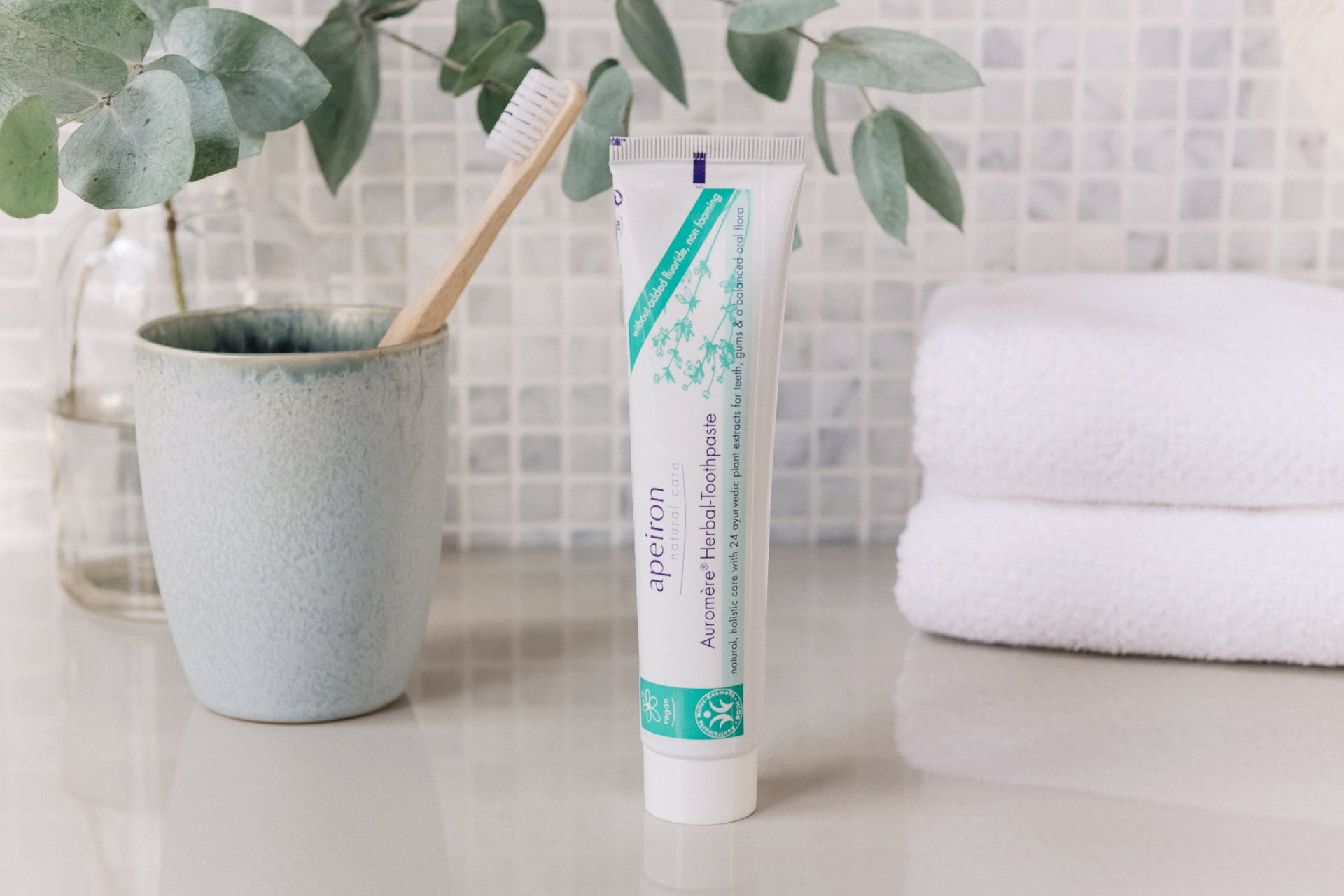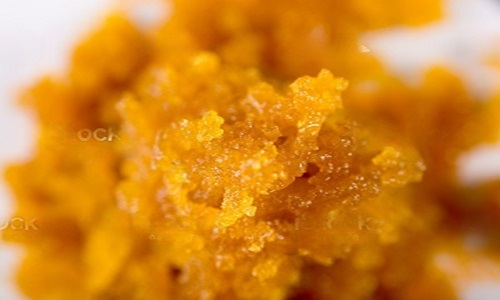The debate between herbal toothpaste and conventional toothpaste has gained momentum in recent years as people become more conscious about the ingredients they put in their bodies. While conventional toothpaste has been the go-to choice for generations, herbal toothpaste is gaining popularity for its natural ingredients and potential health benefits. In this article, we’ll delve into the differences between these two types of toothpaste and explore which one might be better for your oral health.
Understanding Herbal Toothpaste:
Herbal toothpaste is formulated with natural ingredients derived from plants and herbs. These ingredients often include essential oils like peppermint, eucalyptus, and tea tree oil, as well as herbs like neem, clove, and chamomile. Proponents of herbal toothpaste claim that these natural ingredients offer a range of benefits, including antibacterial properties, gum health support, and fresher breath.
Advantages of Herbal Toothpaste:
- Natural Ingredients: Herbal toothpaste typically avoids synthetic chemicals like sodium lauryl sulfate (SLS), artificial flavors, and preservatives commonly found in conventional toothpaste. This can be appealing to individuals looking to minimize their exposure to potentially harmful substances.
- Gentle on Teeth and Gums: The absence of harsh chemicals in herbal toothpaste can make it gentler on sensitive teeth and gums. Ingredients like chamomile and aloe vera may help soothe inflammation and promote overall oral health.
- Antibacterial Properties: Many herbal ingredients, such as tea tree oil and neem, possess natural antibacterial properties that can help fight plaque and prevent cavities.
Drawbacks of Herbal Toothpaste:
- Limited Fluoride Content: Fluoride is a mineral known for its ability to strengthen tooth enamel and prevent tooth decay. While some herbal toothpaste brands contain fluoride, others may have lower levels or omit it altogether. This could be a concern for individuals at higher risk of cavities.
- Taste and Texture: Herbal toothpaste may have a different taste and texture compared to conventional toothpaste, which some people may find less appealing.
Understanding Conventional Toothpaste:
Conventional toothpaste, also known as commercial or mainstream toothpaste, is widely available and typically contains synthetic ingredients formulated for oral hygiene. These ingredients often include fluoride, abrasives for cleaning, detergents for foaming, and artificial flavors for taste.
Advantages of Conventional Toothpaste:
- Effective Cavity Protection: Fluoride is a key ingredient in conventional toothpaste, known for its ability to remineralize tooth enamel and prevent cavities. This makes conventional toothpaste an effective choice for maintaining dental health and preventing tooth decay.
- Wide Availability and Variety: Conventional toothpaste is readily available in supermarkets, pharmacies, and convenience stores, offering a wide range of options to suit individual preferences, including different flavors and formulations for specific oral health needs.
- Clinically Proven Formulas: Many conventional toothpaste brands undergo rigorous testing and clinical trials to ensure their effectiveness in preventing cavities, reducing plaque buildup, and maintaining overall oral hygiene.
Drawbacks of Conventional Toothpaste:
- Synthetic Ingredients: Conventional toothpaste often contains synthetic chemicals like SLS, artificial sweeteners, and preservatives, which some people may prefer to avoid due to concerns about their potential health effects.
- Potential for Sensitivity: The abrasive nature of some conventional toothpaste formulas, combined with ingredients like SLS, may contribute to tooth sensitivity or irritation in some individuals.
Which Should You Choose?
The choice between herbal toothpaste and conventional toothpaste ultimately depends on your personal preferences, oral health needs, and priorities. Here are some factors to consider:
- Oral Health Goals: If you prioritize natural ingredients and prefer to avoid synthetic chemicals, herbal toothpaste may be the better choice for you. However, if cavity prevention and fluoride protection are your main concerns, conventional toothpaste with fluoride may be more suitable.
- Sensitivity and Allergies: Individuals with sensitive teeth or allergies to certain ingredients may find herbal toothpaste gentler and less likely to cause irritation. It’s essential to read the ingredient labels carefully and choose a toothpaste that suits your specific needs.
- Professional Recommendations: Consulting with your dentist or oral healthcare provider can provide valuable insights and recommendations tailored to your oral health status and concerns. They can help you make an informed decision based on your individual circumstances.
Conclusion:
Both herbal toothpaste and conventional toothpaste have their own set of advantages and drawbacks. While herbal toothpaste offers natural ingredients and potential health benefits, conventional toothpaste provides effective cavity protection and a wide variety of options. Ultimately, the best choice for you depends on your personal preferences, oral health needs, and priorities. By considering these factors and consulting with your dentist, you can make an informed decision to support your overall oral health and hygiene.



